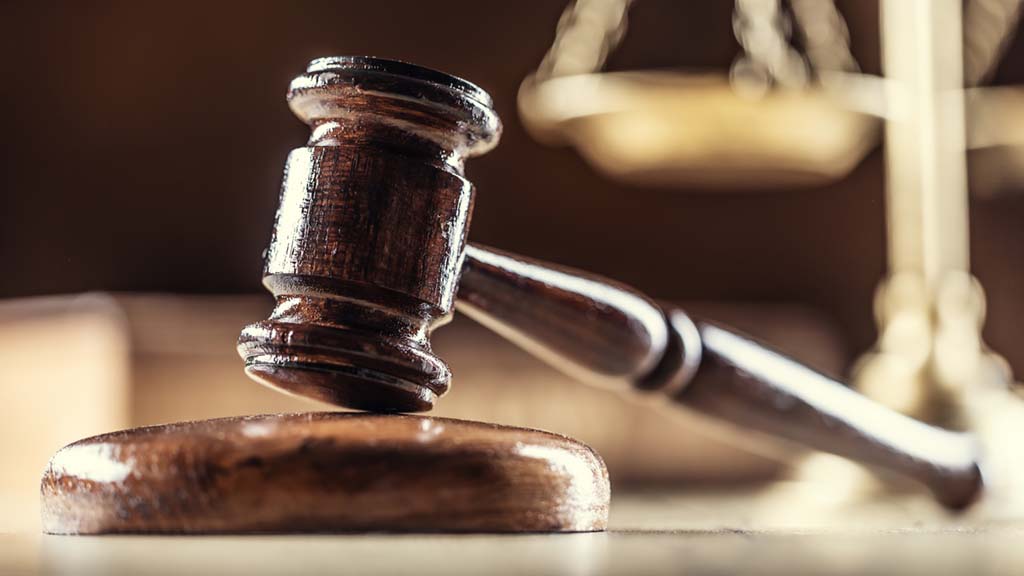Microsoft, Philips Offer New White Space Test Results
Microsoft and Philips, seeking FCC rules that would allow unlicensed mobile devices to operate in the unused channels known as white spaces, showed the FCC new test results the companies say prove their prototype devices have the ability to detect—and thus avoid interfering with—DTV signals.
TV Technology columnist Doug Lung takes a close look at the Microsoft-Philips data in this week’s RF Report.
The tests were conducted at about 1,000 sites in the New York and Los Angeles areas, within and 10 miles outside TV channel contours. The devices detected DTV signals above -114 dBm—the sensitivity threshold suggested by the technology companies of the White Space Coalition—100 percent of the time, according to the companies.
“The data collected clearly demonstrates that a threshold of -114 dMb protects viewable TV signals within and even well outside of television contours,” the companies wrote in a 73-page presentation to the commission. “The real world data presented here proves that the broadcasters’ assertion that over-the-air sensing is not technically feasaible and does not provide them with adequate protection is simply wrong.”
Edmond Thomas, the former FCC Office of Engineering and Technology chief now representing the White Space Coalition, made the company’s case in person to current OET boss Julius Knapp and others Sept. 20.
Thomas encouraged the FCC to do its own testing of the devices, even if it meant delaying an order on the spectrum by a few months. Microsoft and Philips have previously asked the FCC to conduct more tests before making a decision.
David Donovan, president and CEO of the Association for Maximum Service Television (MSTV), panned the tests.
“If you go through their data, they found holes. In fact, they found lots of holes,” he said, referring to spots where the DTV signals dropped to -115 dBm. In those places, sensing no channel, the white space devices would transmit, causing interference. “Their own data proves our point.”
Asked about the tests, FCC Chairman Kevin Martin said evaluation of the devices was ongoing and that all parties involved are interested in ensuring the devices are working properly. He said he would rely on FCC engineers to set the pace and did not predict a timeline for an FCC order.
Summer tests by the FCC showed a range of interference issues for the prototypes. Microsoft said later its box had been defective, and Philips made improvements later to its box, the company told the FCC.
Get the TV Tech Newsletter
The professional video industry's #1 source for news, trends and product and tech information. Sign up below.
